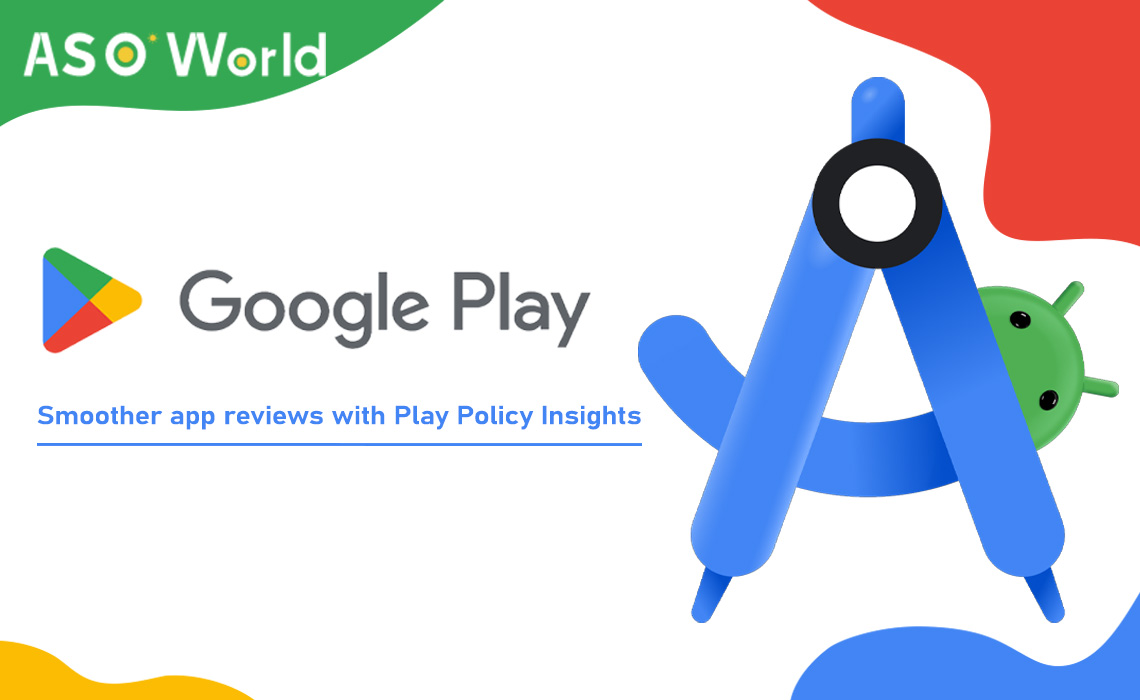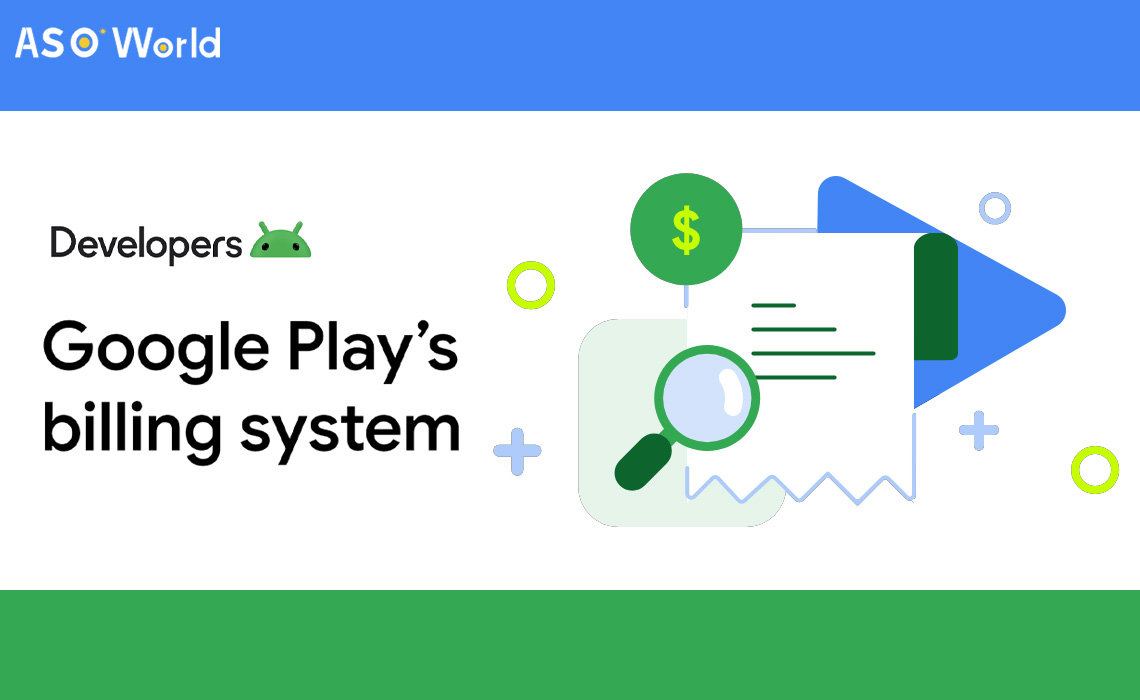Google has launched a beta tool, Play Policy Insights, within Android Studio’s Narwhal Feature Drop Canary release. This feature aims to simplify the app review process by alerting developers to potential Google Play policy issues during development, helping them avoid rejections before submission.
How the Tool Functions
Play Policy Insights integrates with Android Studio’s lint system, offering real-time alerts as code is written. For instance, adding a permission like READ_MEDIA_IMAGES triggers warnings about Play Store rules on media access, complete with policy summaries, dos and don’ts, and links to further guidance. This allows developers to address compliance issues on the spot.
Flexible Integration Options
The tool fits seamlessly into Android Studio, enabling policy checks at various levels—files, modules, or entire projects—via the IDE’s inspection tools. Results appear in the Problems window alongside other lint issues. It also supports Continuous Integration (CI) pipelines through a straightforward dependency setup, letting teams monitor compliance throughout development.
Google’s Call for Input
Before its stable release later this year, Google is gathering developer feedback on Play Policy Insights. A Q&A session set for June 16 will explore aspects like the tool’s in-IDE versus CI effectiveness and policy clarity. This input will shape the feature’s final version.
Benefits for Developers
Early feedback highlights the tool’s potential to cut down on unexpected app rejections and boost team collaboration on compliance. By embedding policy checks into the workflow, it ensures new features are vetted continuously, promising a more efficient path to Play Store approval.
Editor’s Comments
Play Policy Insights reflects Google’s push to bridge the gap between development and compliance, a move that could reshape Android app creation. By catching issues early, it may not only streamline submissions but also elevate app quality on the Play Store—a win for developers and users alike.
Drawing from trends in developer tools, similar integrations have historically reduced friction in ecosystems like Apple’s App Store. Its success hinges on how well Google refines it based on community input, but the proactive approach signals a promising shift.




